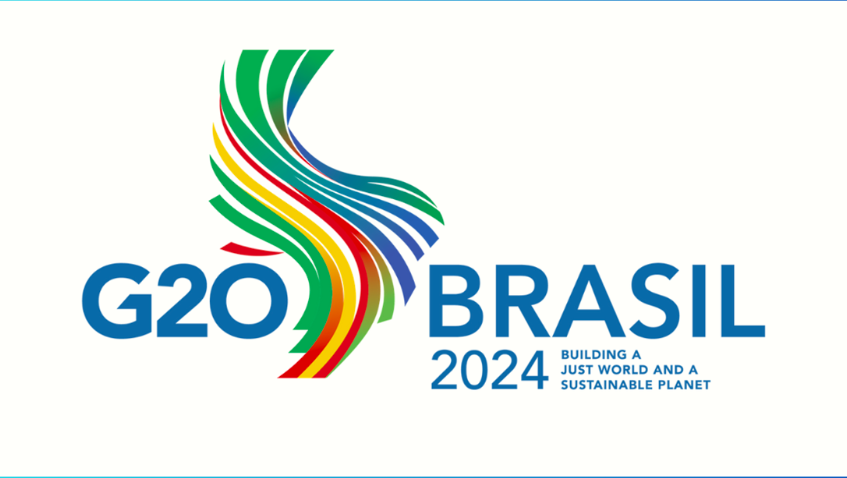
TOOL
World Animal Health Information System (WAHIS)
English
There are many health challenges at the human-animal-ecosystem interface. Zoonotic and vector-borne diseases such as avian influenzas, rabies, Ebola, SARS, Nipah Virus, Rift Valley fever, malaria, dengue, yellow fever, Zika virus disease, as well as food- and water-borne diseases and antimicrobial resistance, have major impacts on health, livelihoods, and economies. In order to effectively prevent, prepare for, detect, assess, and respond to emerging and endemic zoonotic diseases, a One Health approach that facilitates multidisciplinary and multisectoral collaboration is necessary.
One Health is a unifying approach to safeguard human, ecosystem and animal health, to reduce disease threats and to ensure a safe food and water supply through multi-sectoral collaboration in ways that also ensure effective and responsible management of natural resources. It recognizes that the health of humans, animals, plants, and the wider environment are closely linked and interdependent. One Health is a conceptual framework and operational approach to designing and implementing programmes, policies, legislation, projects and research in which multiple sectors communicate and work together to achieve better public health and environment outcomes.
This approach is needed because both animals and humans share and are dependent upon healthy ecosystems and a stable climate. Efforts by one sector alone cannot prevent or eliminate the associated health risks – for example, rabies in humans is effectively prevented only by targeting the animal sources of the virus, and vector-borne diseases, such as malaria, have been found to increase with land use change, such as deforestation, and climate change.
There are many links between climate change, environmental change and One Health. As climate and ecosystem degradation impact environments, humans and animals alike are also impacted, directly and indirectly. At the same time, environmental degradation and ecosystem destruction often exacerbates climate change in a positive feedback loop.
Appropriate responses must consider ecosystem interactions and how one affected species may affect another. They must also assess how changes to biodiversity and ecosystems in some areas can extend to other areas and species (including humans) through different pathways such as food webs, or through disease vectors, travel or trade to ultimately affect others very far away.
At the same time, changes to biodiversity and climate can have both direct and indirect impacts on human and animal health and well-being. For example, both livestock and humans are susceptible to infectious diseases which can be transmitted by insects (vector-borne diseases) or wildlife (zoonosis). In some instances, as with Rift Valley Fever (RVF), both humans and livestock are impacted by the same illnesses. RVF is well understood to be climate-sensitive, and when certain climatic changes occur RFV outbreaks may be affected, compromising the health and well-being of people and livestock. RVF can be passed on to humans through direct contact with blood, body fluids or tissue from infected livestock. Indirectly, it can also impact human well-being as a result of higher economic costs, imperiled livelihoods for those workers on the front lines, and endangered food security for those dependent on dairy products and meat.
One Health is also well-suited to address community-based contextual problem solving through holistic cross-sectoral and transdisciplinary processes, when One Health mechanisms are inclusive and work across different levels of governance and sectors. An integrated One Health approach offers opportunities for societally meaningful collaborative efforts to bring together the different worlds of science, policy making and local knowledge by engaging a range of stakeholders within the shared context of climate change and broader environmental changes.
Research
EN
Research
EN
Research

PUBLICATION
EN
2008

PUBLICATION
AR, ZH, EN, FR, RU, ES
2019

EVENT

EVENT